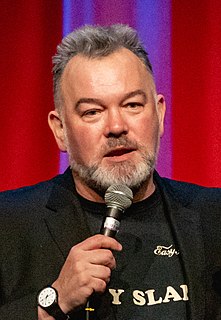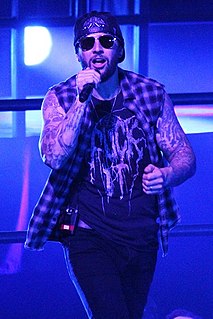A Quote by Lisa Scottoline
You don't have to be dead to write a classic, and you don't have to be literary to be smart.
Related Quotes
I said it before and I’ll say it again: books are dead, plays are dead, poems are dead: there’s only movies. Music is still okay, because music is sound track. Ten, fifteen years ago, every arts student wanted to be a novelist or a playwright. I’d be amazed if you could find a single one now with such a dead-end ambition. They all want to make movies. Not write movies. You don’t write movies. You make movies.
Only idiots or snobs ever really thought less of 'genre books' of course. There are stupid books and there are smart books. There are well-written books and badly written books. There are fun books and boring books. All of these distinctions are vastly more important than the distinction between the literary and the non-literary.
I'm a storyteller, I'm not a literary writer, and I don't want to be a literary writer. People say to me, "Oh, when are you going to write something different?" What? I don't want to write anything different. I'm writing relationships between people, all different colors, all different sizes, all different sexual orientations, and that's what I want to do.
I figured if I write a modern thriller but spliced in the DNA of a classic western - the drifter who comes into town with secrets - I could do something interesting with both genres. Westerns are also an incarnation of the classic knight errant tale, the lone warrior with a moral code, and I love those types of stories.



































